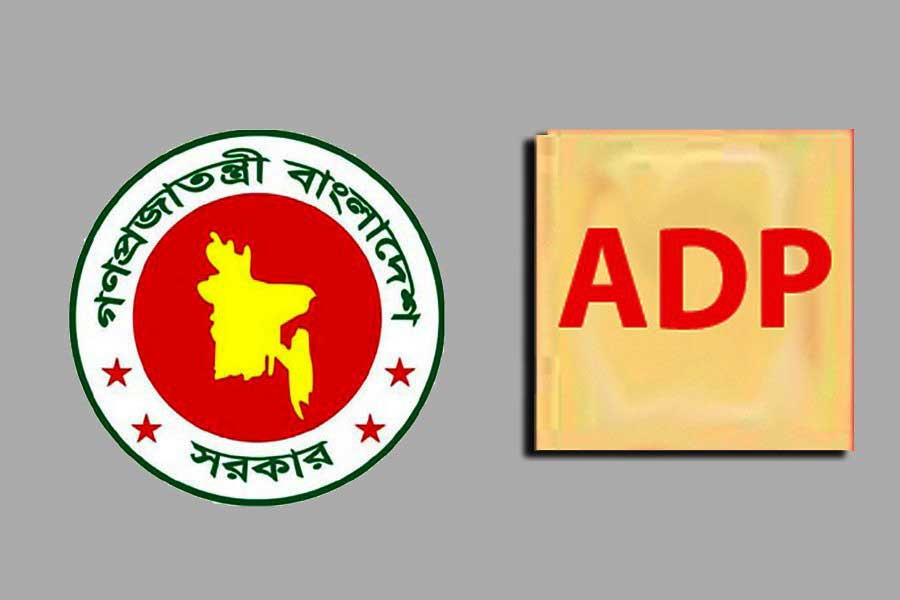The Annual Development Programme (ADP) has experienced a significant setback, with progress plunging to a record low of 27.11% in the first seven months of the current fiscal year with experts attributing the decline to a sluggish economy and the national election.
While the global economic crisis has waned in many parts of the world, its impact has intensified within the country, affecting the implementation of national development projects, they mentioned.
This trend is evident in the data analysis of the updated report published by the Implementation Monitoring and Evaluation Department (IMED) of the Planning Commission.
According to the IMED report for the current fiscal year (2023-24), an ADP allocation of Tk2,74,674 crore has been allocated. However, only Tk74,464 crore has been spent by 58 government departments and ministries for ADP implementation from July to January, marking the lowest utilisation against allocation for the first seven months in any comparable period.
Data analysis indicates a growing reliance on foreign loan projects by government agencies to meet annual development programme targets. The government has recorded its lowest expenditure from domestic sources, with Tk42,835 crore spent until January, representing only 25.35% of the total allocation in the first seven months of the current fiscal year.
A project director from the Local Government Engineering Department (LGED), responsible for implementing projects with foreign loans, highlighted challenges in accessing CD VAT allocation from the government for foreign loan projects, resulting in slow progress for domestic projects amid the financial crisis.
The latest IMED report identifies the Ministry of Foreign Affairs as lagging in ADP implementation, spending only 3.56% in the first seven months of FY24.
Several ministries and departments, including the local government division, roads and highways department, power division, railway ministry, security services division, parliamentary affairs division, liberation war affairs ministry, and Bangladesh National Parliament Secretariat, have shown higher expenditure and ADP implementation rates in the first seven months of the current financial year.
IMED officials, under the Ministry of Planning, reported that many projects have been halted due to the increase in the price of construction materials amidst the current economic situation. The government’s austerity measures in project expenditure and limited release of funds have also contributed to the decline in the ADP implementation rate.
IMED Secretary Abul Kashem Md Mohiuddin told the Daily Sun that the ADP implementation is slightly lower every year due to paperwork at the beginning of the year. However, he also noted that despite progress in many projects, the allocation is decreasing. Additionally, the implementation rate is hampered by a lack of project-specific skills among the workforce, he mentioned.
Data from the IMED indicate that government agencies utilised only 25.35% of allocated state funds during the initial seven months of FY24, a marked decrease from the typical expenditure rate. Comparatively, the expenditure rate was 26.38% during the same period last year.
Foreign fund utilization stood at 30.20% during the corresponding period this year, down from 31.20% in the previous year.
Among the 58 ministries and divisions, 24 expended less than 25% of public funds, including significant entities such as the Ministry of Shipping and the Ministry of Industry. Similarly, 18 ministries utilized less than 30% of foreign aid, with the Ministry of Housing and Public Works among them.
Furthermore, despite 15 ministries being allocated 79.83% of the total ADP, many struggled to accelerate implementation. For instance, the Secondary and Higher Education Division only expended 12.32% of its allocation within seven months.


